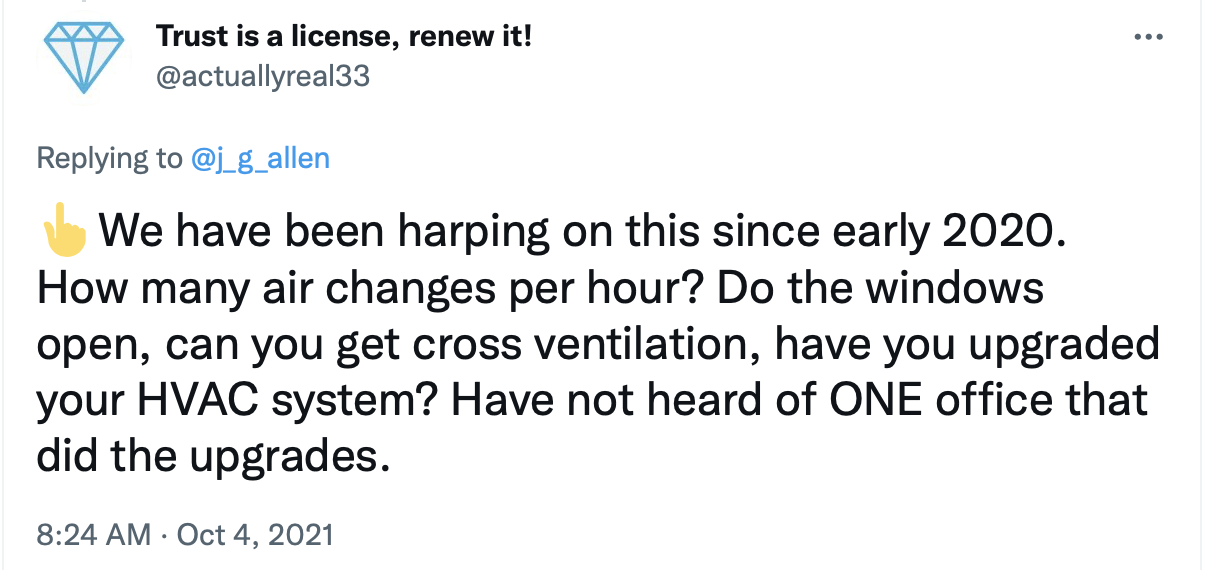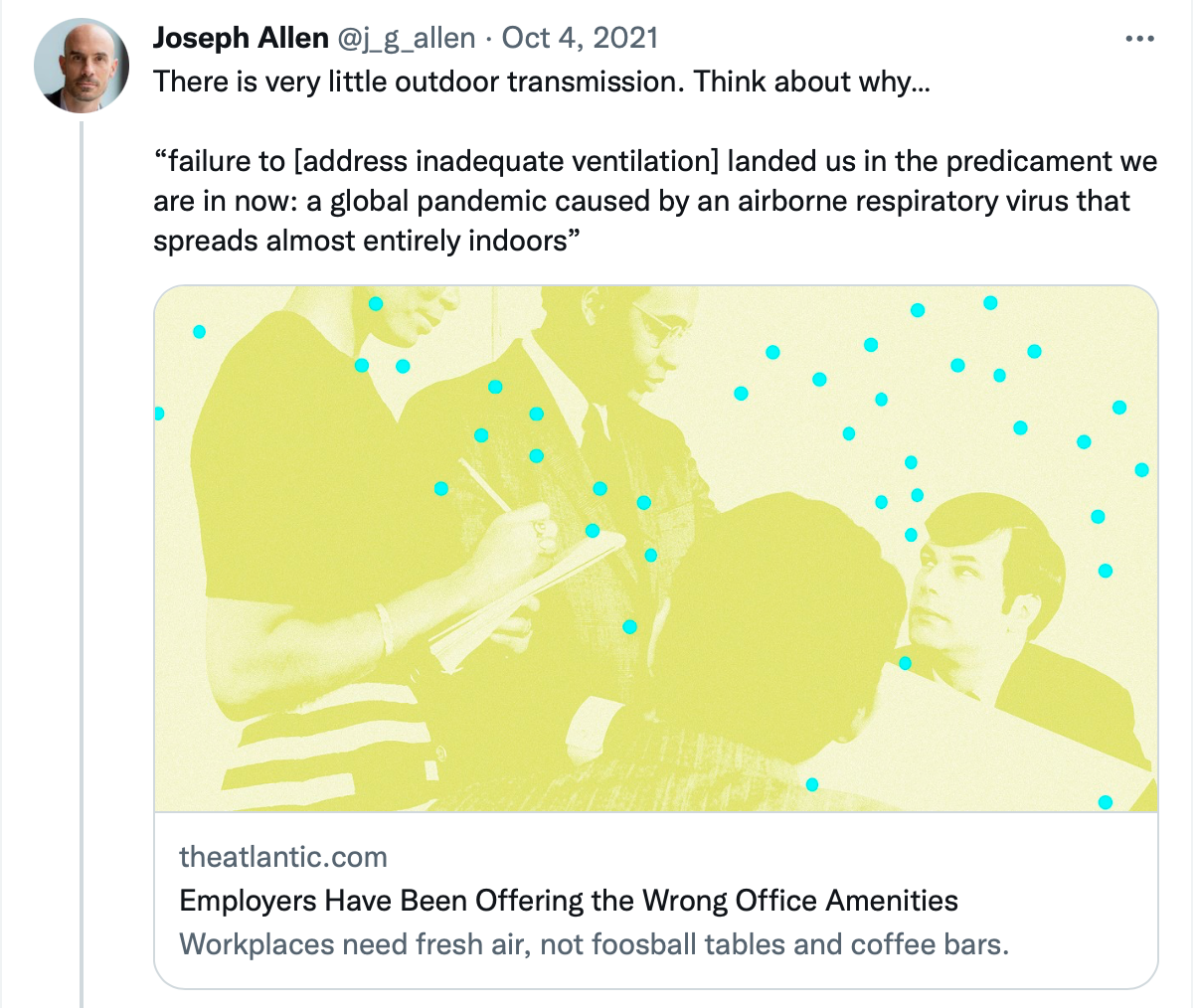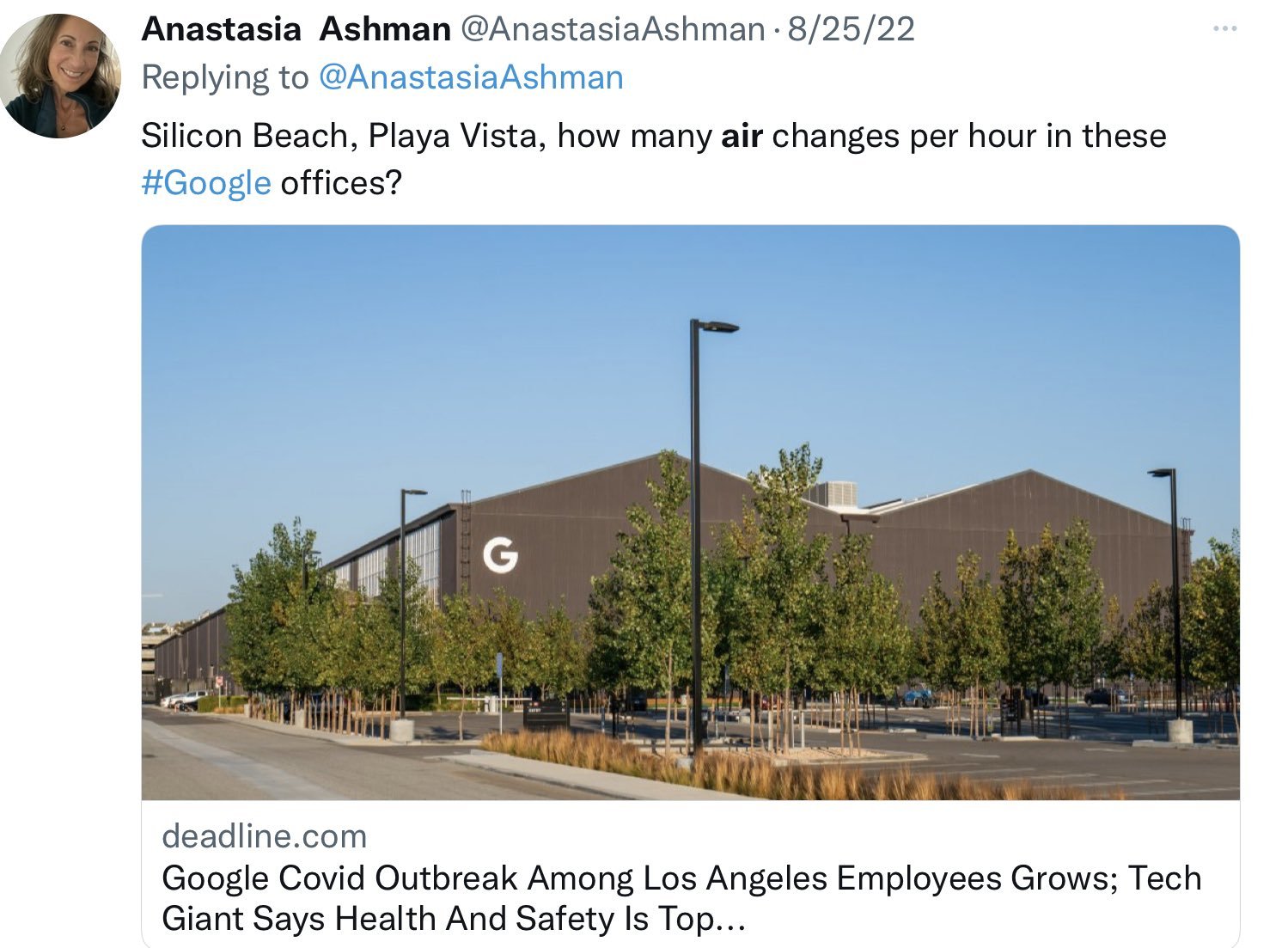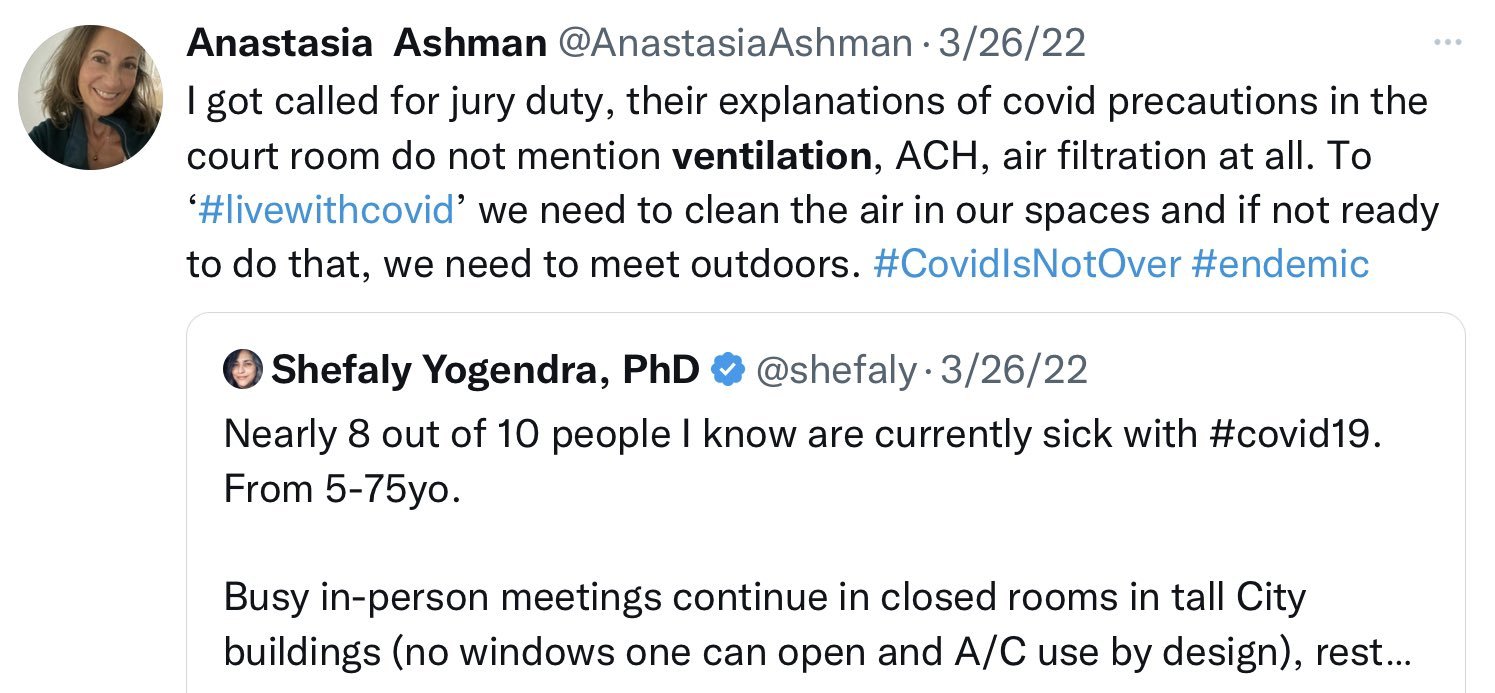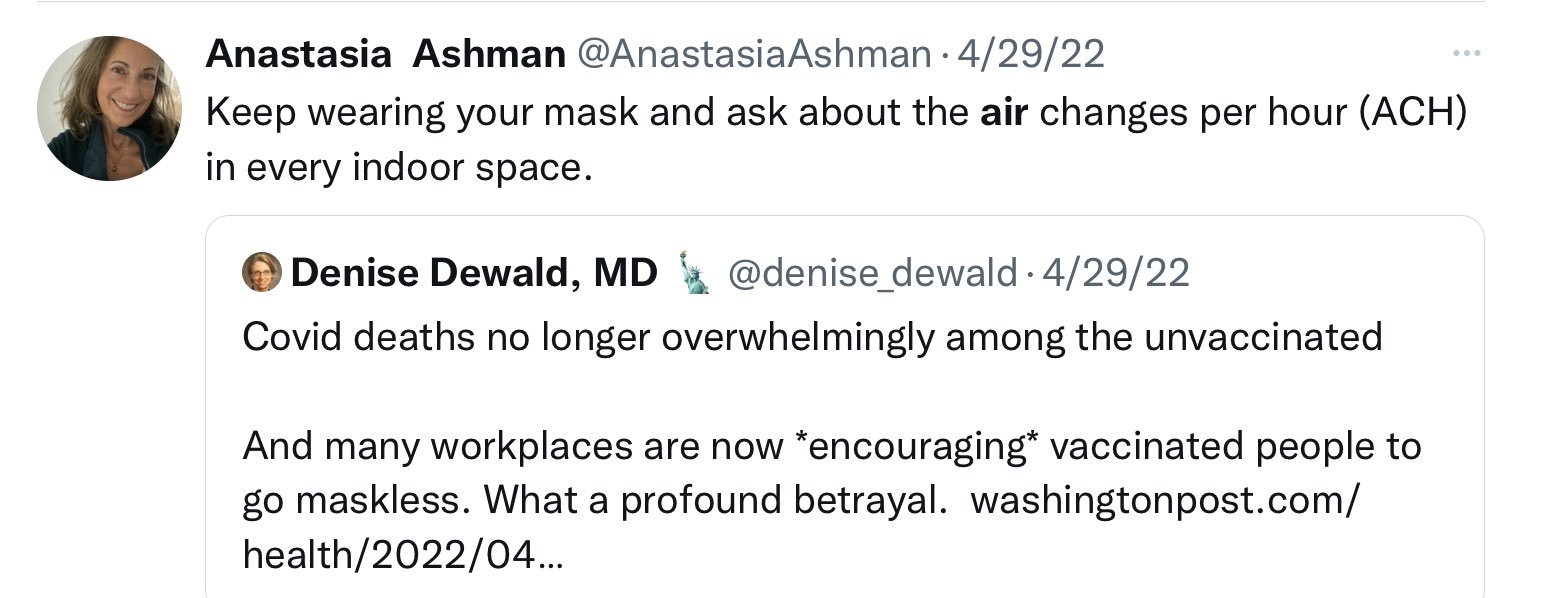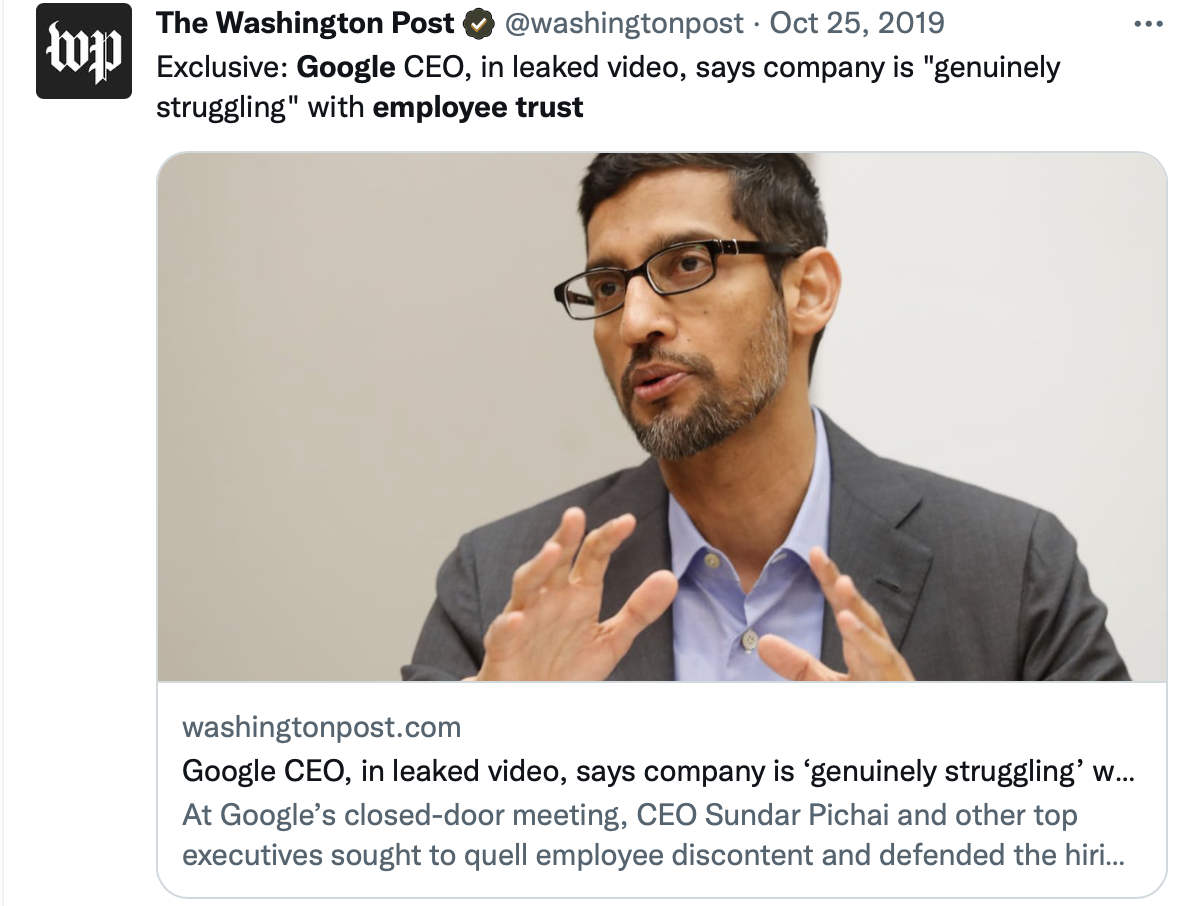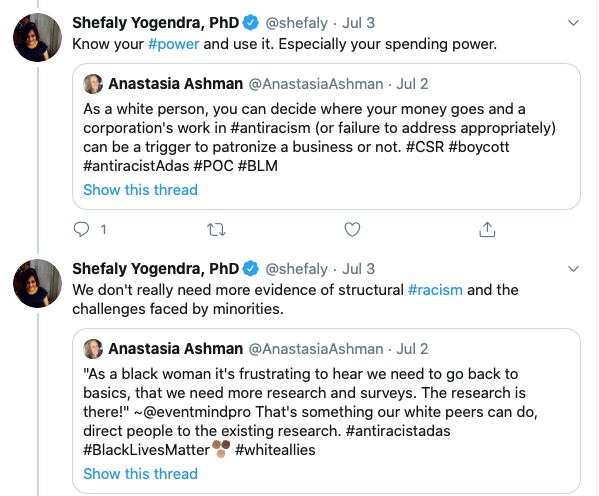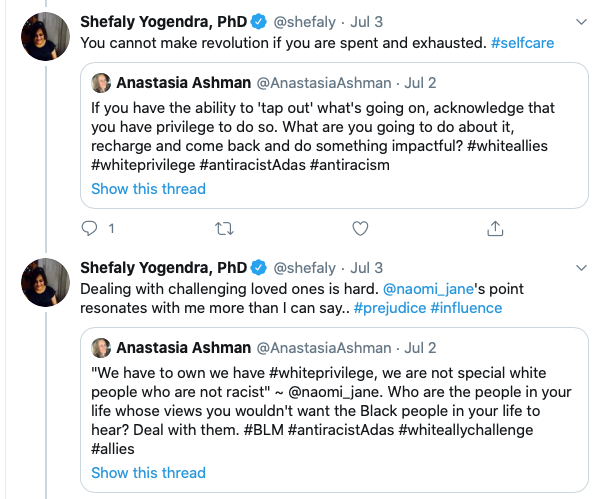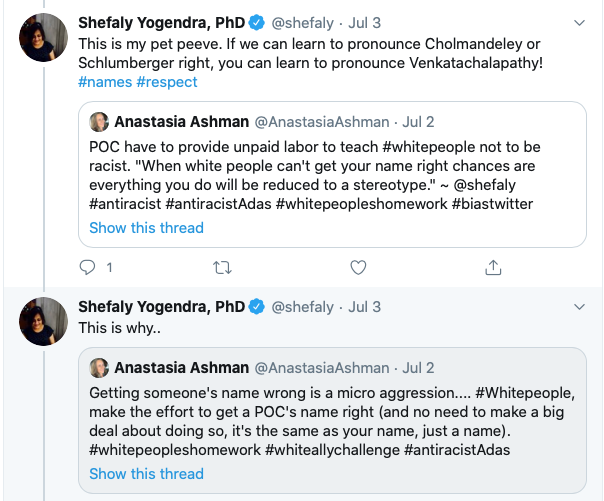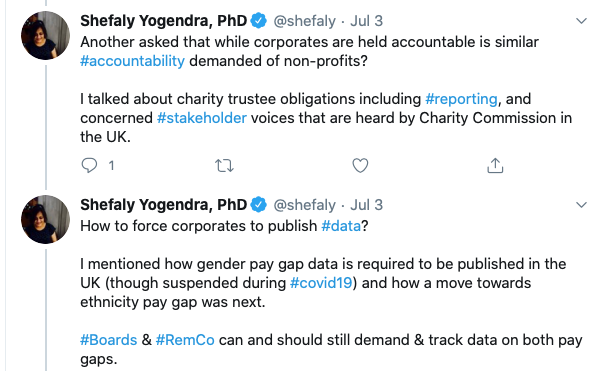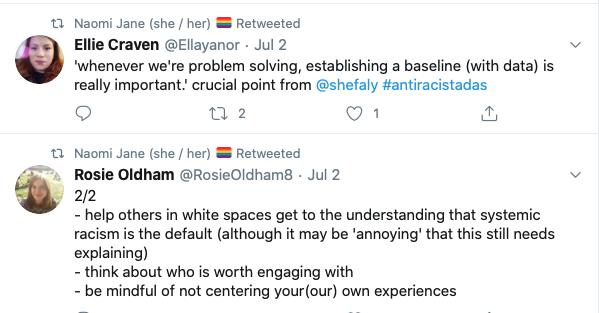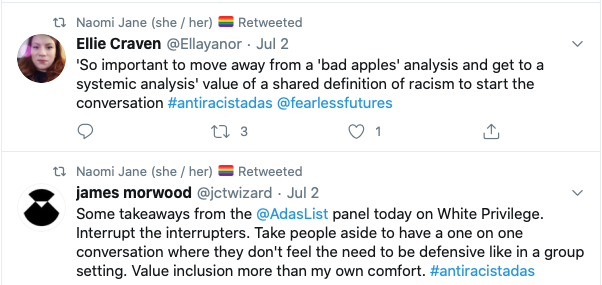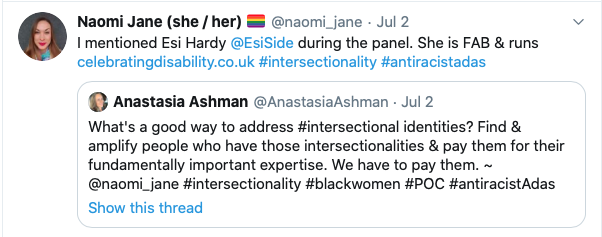We’re not “post pandemic” just because we want to be.
(And yes, it’s the same sad story from last January, and the year before. I have been early and sadly accurate on this pandemic.)
So - 3 years in- in our life-work environments how do we deal with this new hybrid state — this state of limbo — of being weary of the public health safety protocols and wary of the consequences at the same time?
“As we look at 2023, how do we deal with our new hybrid state: weary of pandemic protocols, wary of the consequences?”
As the new year starts, how do we, all of us, everyone really, but in this case businesses, and in particular company boards and the board directors deal with our not-even-new reality, and our insistent future?
“Would you rather have a hybrid or virtual meeting that is quorate and high attendance, or would you rather risk apologies from directors unable to attend meetings face to face if they are forced to commute?” asks my longtime board journey mentor Shefaly Yogendra in her year end wrap up.
Read it here: Boards and governance: Lessons from 2022
Meanwhile, a future of work inspiration of mine, Budd Caddell who credits Kevin Kelly for the term ‘Protopian Organization’ and offers this one prediction for 2023 from the wreckage of 2022: there is a vacuum for a new kind of organization that takes the future seriously, and creates real change with its people and communities.
With trust in institutions waning, employees disengaged, consumers looking for meaning, progress stalled both at the org- and systemic-level”, a new, more mature organization can emerge, Caddell says.
I immediately recognize this is an opportunity for businesses that take living with the pandemic seriously - to offer the people they work with a baseline of health and safety - by upgrading their ventilation systems, and allowing hybrid work and virtual meetings as Yogendra mentions above, but I see companies failing to do this more often than not. Even companies that pride themselves on futurism, like Google.
“It’s time for organizations that take the future seriously and work for mutual enrichment of their people and communities”
These new protopian organizations he describes, “they don't just paint an optimistic picture of tomorrow, they respect the problems that come with trying to make anything better. These orgs won't just slap "we make the world a better place" on their label and career site and ignore the unintended consequences of their business model and culture.”
